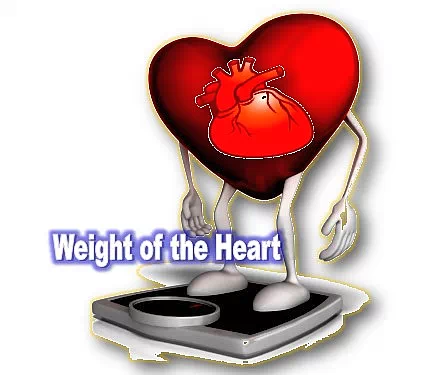Simple but Significant…

1. How do we know the taste of the food we eat?
Food taste mechanism:

- We cannot taste the food before it is dissolved in saliva in our mouth.
- Surprising fact is that we produce saliva roughly 10,000 gallons in life time.
2. How long is the actual span of human life?
The human-lifespan:

The fact is that life span of a mammal depends on the size of it.
Human stands somewhere between the category of a goat and a horse as per size and body systems.
On this basis, the actual life span of humans should be 10 to 30 years.
But the average human life expectancy today is dramatically around 70 years.
- How is this possible?
The reason, perhaps, is that humans have developed many health principles and medical practices to maintain their health.
Or were we created special, different from other animals, as is shown in today’s sci-fi movies?
3. Do you know the speed of our blood flow?
Blood Traveling Speed:
The traveling speed of blood from the heart is 20 centimeters per second (8 inches per second). Blood circulates from heart to the entire body and back to the heart in just a minute irrespective of its state whether waking or sleeping.

During exercise that traveling time takes just 10 seconds. On average, every red blood cell completes the heart-to-body-to-lungs circuit 40 to 50 times an hour.
4. How are red blood cells replaced in our body?
- Red Blood Cells get replaced:

- Death and Rise of RBC:
Every second, 10 million red blood cells die in the normal adult. But the total number remains constant because the new red blood cells quickly replace the dead ones.
5. What is the weight of the heart in an average adult?
The weight of the heart in an average adult is 310 grams (11 ounces).
The size is approximately about the size of the fist.

The heart beats an average of 72 times a minute.
In an average life span, approximately 212 million liters of blood is pumped.
6. Do you know why excessive gymnastics or exercising causes heart attack?
During strenuous exercises the heart has to pump blood about 5 to 6 times higher than the normal work.

That is why extreme exercise without adequate rest can cause the heart rate to increase unbearably and lead to heart attack.
7. How does a child’s heart beat change from birth to growth?
Heart rate changes greatly during child development.
The typical heart rate in a new-born is 130 beats per minute (bpm).
It drops to 100 bpm by the time the child reaches 3 years old, 90 at 8 years old, and 85 at 12 years old.

As the age increases, the heart beat decreases and after growing up it comes to the normal level i.e. 72 (between 60-100) beats.
- If your resting heart rate is above 100, it’s called tachycardia; and below 60, it’s called bradycardia.
8. Is there a change in red blood cell count in people living at high altitudes?
The number of red blood cells increases among persons living at high altitudes. In extreme altitudes, individuals may have 50 percent more red blood cells than the amounts shown here.

- The lifespan of blood cells and platelets
| Name | Lifespan |
| Red blood cells | 120-180 days |
| White blood cells (Leukocytes) | Variable |
| Platelets | 4–10 days |
All Blogs & Vlogs from mamlabs.net

